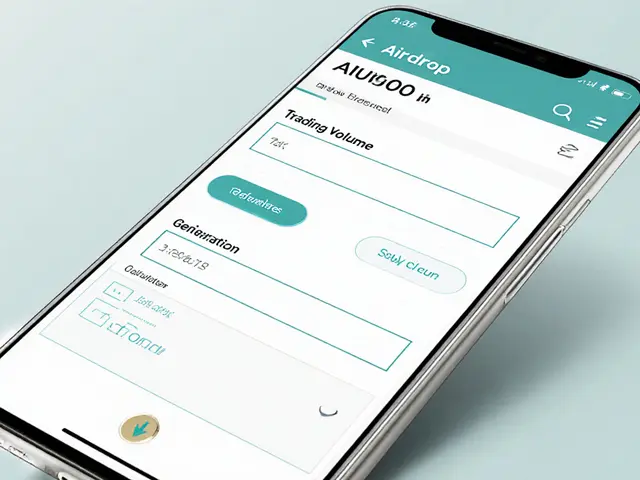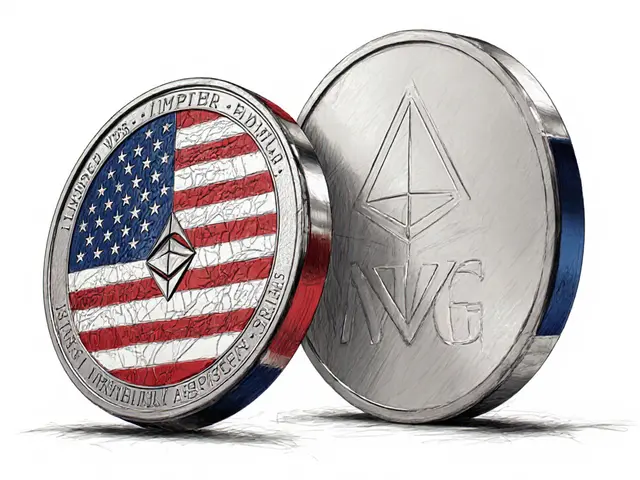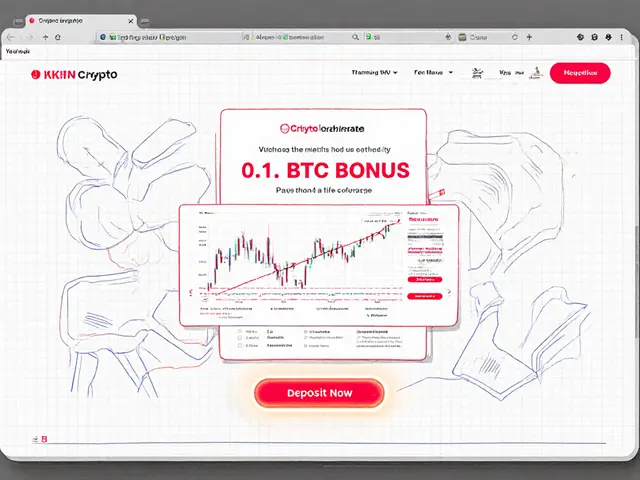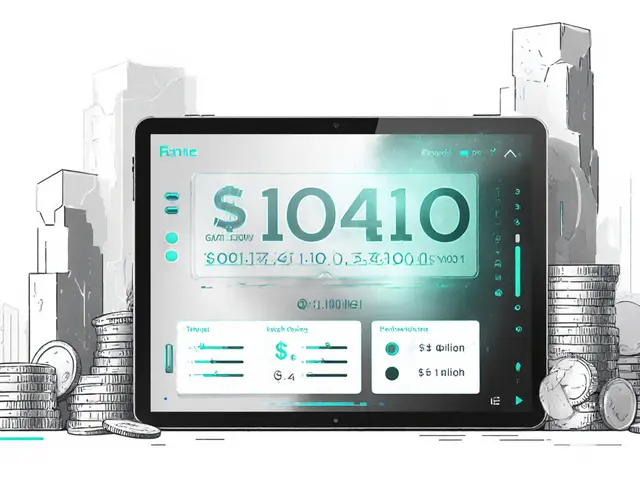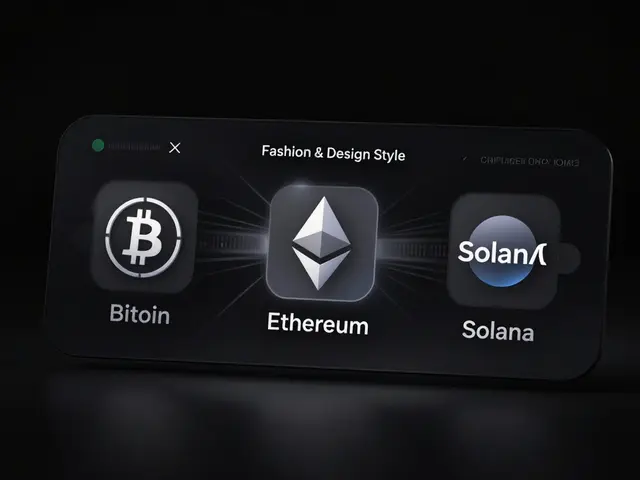SEC Nigeria: What It Means for Crypto and Digital Assets
When you start dealing with SEC Nigeria, the Nigerian Securities and Exchange Commission, the agency that enforces securities law and now oversees digital‑asset activities. Also known as Nigerian SEC, it sets the rules that crypto projects, exchanges and token issuers must follow to protect investors and keep the market stable, the first thing you’ll notice is how tightly it links to cryptocurrency regulation, the framework defining how tokens are offered, traded and reported. The agency also demands strict AML compliance, procedures that verify users’ identities and monitor suspicious flows and issues a digital asset licensing, official permission for platforms to operate legally in Nigeria’s fintech space. In short, SEC Nigeria is the regulatory backbone that turns wild crypto hype into a more predictable market.
Key Areas of Focus
SEC Nigeria encompasses three core pillars. First, it enforces cryptocurrency regulation by requiring token issuers to file prospectuses, disclose white‑paper details and adhere to capital‑raising limits. Second, it requires AML compliance from every exchange, meaning KYC checks, transaction monitoring and reporting of large transfers are non‑negotiable. Third, it provides digital asset licensing that lets fintech firms launch trading apps, custody services or lending platforms under a clear legal umbrella. These pillars interact: a licensed exchange must show AML records, and a token sale that meets regulatory filing standards can more easily obtain a license. The result is a tighter feedback loop where compliance builds trust, and trust attracts more investors.
Because SEC Nigeria aligns its rules with global best practices, the local market mirrors trends seen in the UAE, Norway or Indonesia. For instance, the agency’s stance on initial coin offerings mirrors the UAE’s licensing steps, while its energy‑use concerns echo Norway’s mining ban. The common thread is protecting retail participants while still allowing innovation. If you’re planning to launch a token, list on a Nigerian exchange, or simply trade Bitcoin, you’ll need to check the SEC’s latest guidance on token classifications, AML thresholds and licensing fees. Skipping any of these steps can lead to enforcement actions, frozen assets or costly legal battles – something you definitely want to avoid.
Below you’ll find a curated list of articles that dig deeper into each of these topics. From detailed reviews of crypto exchanges operating under SEC Nigeria’s rules to step‑by‑step guides on filing a token offering, the collection gives you actionable insight. Whether you’re a developer, investor or compliance officer, the posts will help you navigate the regulatory maze and make informed decisions in Nigeria’s fast‑moving digital‑asset landscape.
How to Get a VASP License in Nigeria: Step‑by‑Step Guide for Crypto Companies
A practical, step‑by‑step guide on getting a VASP licence in Nigeria for crypto businesses, covering requirements, the ARIP fast‑track, compliance duties and common pitfalls.
View More
